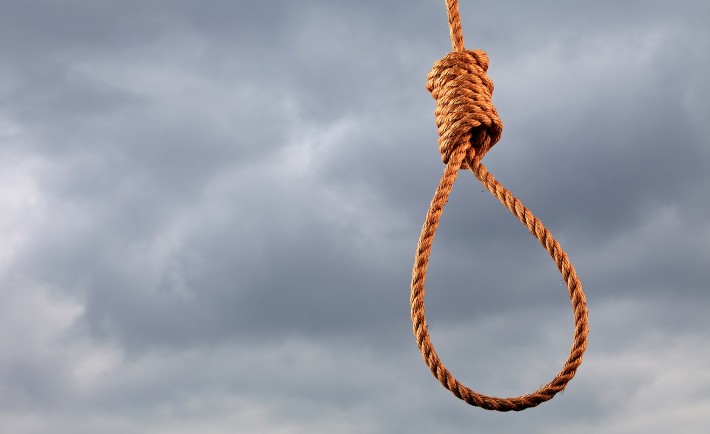Last term, the U.S. Supreme Court interpreted the “equal protection” clause of the Constitution with a modern, progressive read in requiring all 50 states to recognize same sex marriage. This term, might the Court give a similarly enlightened read to the Eighth Amendment’s ban on cruel and unusual punishment and ban the death penalty?
It’s a long shot, but already two of the nine justices are signaling they are ready to shut down capital punishment in America.
Death penalty appeals are frequently made to the high court, and routinely denied. But last June, in a case asking the court to ban the execution drug midazolam, Justice Stephen Breyer wrote that “the death penalty, in and of itself, now likely constitutes a legally prohibited cruel and unusual punishment.’ ” Justice Ruth Bader Ginsburg concurred.
That’s the context for five death penalty cases the court has accepted for review this 2015-2016 term. While these cases center on questions of evidence and jury instructions, the court is free to reach the more substantive question of the death penalty itself. And they should.
Criminal justice reform is a rare issue that Democrats and Republicans both agree is overdue. The abolition of capital punishment too is supported by many progressives as well as conservative groups like the Kansas Federation of College Republicans and The Kansas Republican Liberty Caucus. (One of this term’s cases comes from Kansas.)
Juries today are less likely to impose the death penalty, and when they do, inmates languish on death rows for years or decades as their appeals wind their way through the courts. For that reason the death penalty is significantly more expensive for taxpayers than a life without parole sentence. No conclusive evidenceexists that the death penalty actually deters crime. The racial bias in its administration is well documented and sickening. Many death row inmates have been exonerated. Any of these should be reason enough for abolition.
But fundamentally, under a modern read, capital punishment is cruel – what’s more heinous than death? – and in the family of developed nations, it is now highly unusual.
In Copenhagen, Denmark last summer my family visited the Torture Museum, filled with medieval relics of a barbaric, vicious era. Next door was the Death Penalty museum, viewed by Europeans the same way, as a chilling exhibit of a shameful past they have now evolved from.
As with gay marriage, proponents of US death penalty abolition are clearly on the right side of history. The day will come when our electric chairs, death drugs and other instruments of state sponsored killing will be relegated to museums.
The sooner the Supreme Court reaches that inevitable decision, the better.


